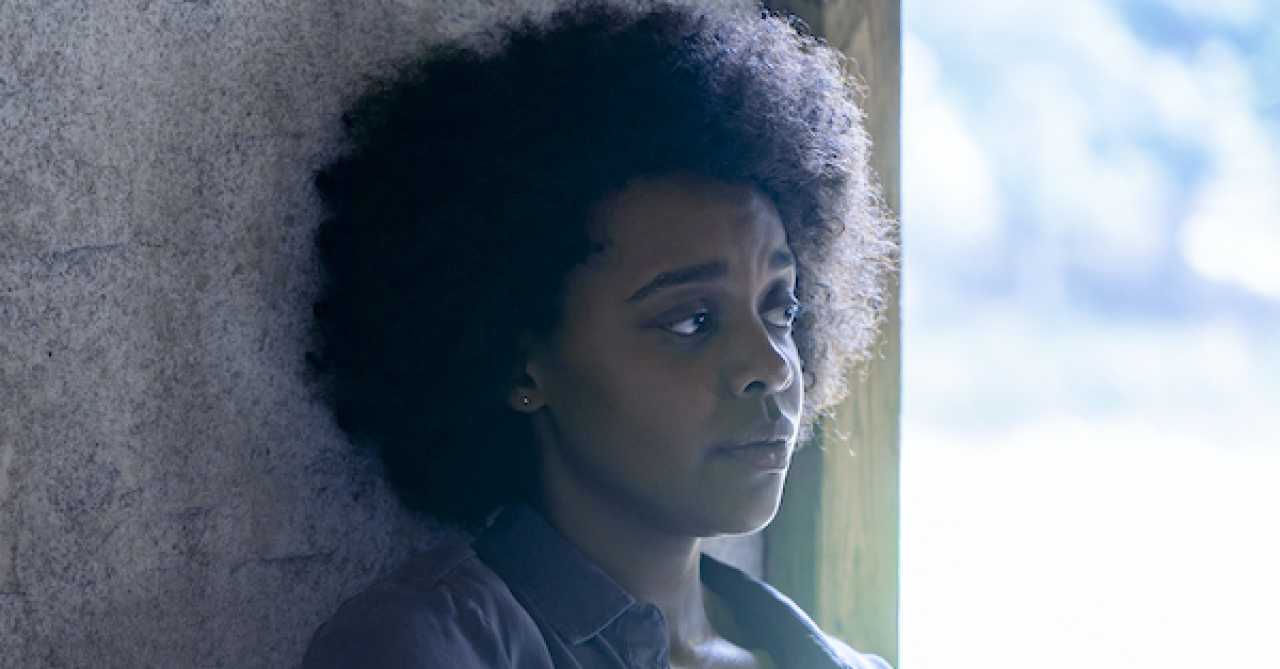Entertainment
Netflix’s ‘Kaos’ Receives Mixed Reviews as It Explores Mythological Tropes

Netflix‘s new series, ‘Kaos,’ has recently premiered, showcasing a blend of mythology with modern storytelling. The show is likened to a grown-up version of ‘Percy Jackson,’ infused with elements from ‘American Gods’ and musical themes from ‘Hadestown.’
Created by Charlie Covell, ‘Kaos’ is composed of eight hour-long episodes filled with intriguing ideas, yet struggles to develop them in depth. The initial excitement about its clever take on mythological themes gradually transitions to a sentiment of disappointment as the series progresses.
The series features a talented cast including Jeff Goldblum as Zeus, Janet McTeer, Cliff Curtis, David Thewlis, and Billie Piper. Goldblum’s portrayal of Zeus, the neurotic king of the gods, adds a unique element to the narrative as he navigates human sacrifices and prophecies that may lead to his downfall.
The earthly realm features mortals like Eurydice, played by an unnamed actress, who grapples with her identity while married to a global pop star. Alongside her are Ari, characterized by Leila Farzad, and Caeneus, portrayed by Misia Butler, both coping with their own crises.
While the initial episodes engage viewers with dynamic world-building, the series falters as the plot becomes a fragmented amalgamation of interactions between divine characters and human struggles. The lack of narrative cohesion detracts from the viewing experience, as it intertwines various storylines without clear momentum.
The performance of Goldblum commands attention, delivering lines that resonate humorously within the current socio-political climate. Each cast member offers varied interpretations, further complicating the overall tone of the show as they navigate between different stylistic approaches.
‘Kaos’ has faced a lengthy development process, having been ordered by Netflix back in 2018. Despite anticipation surrounding its release, the series fails to deliver the impactful dialogue and cohesive worldview expected from Covell’s previous work, ‘The End of the F***ing World.’












